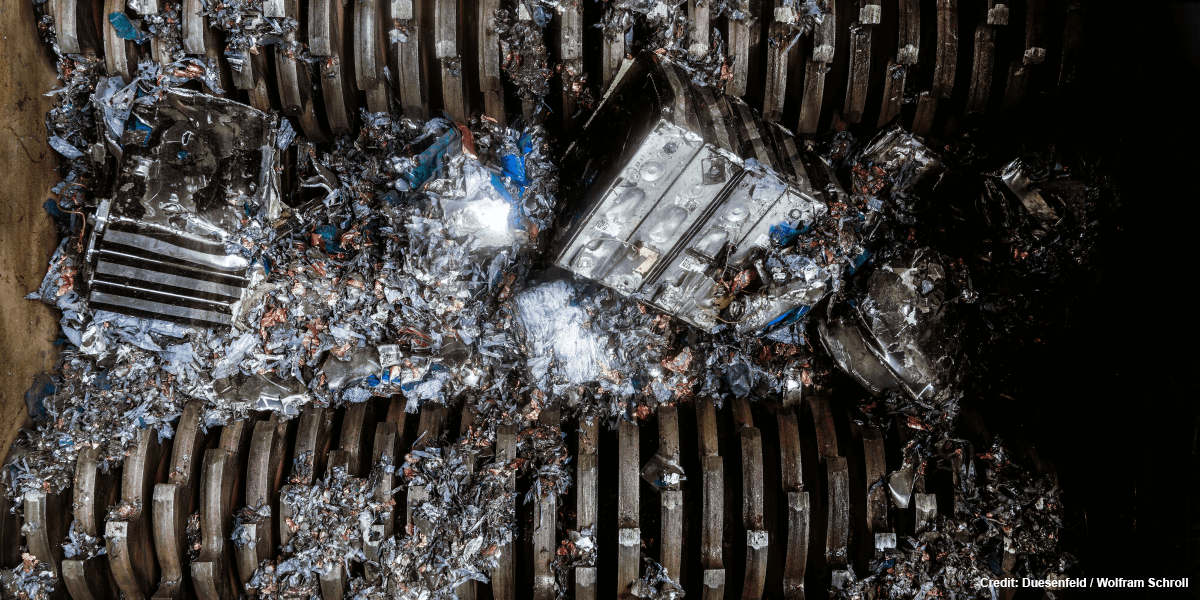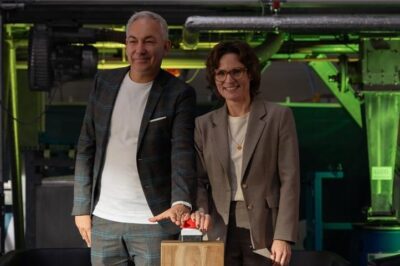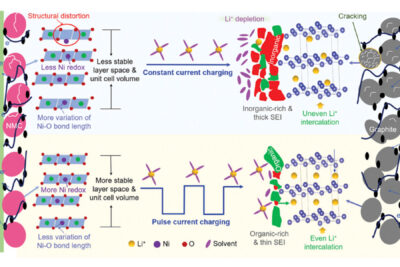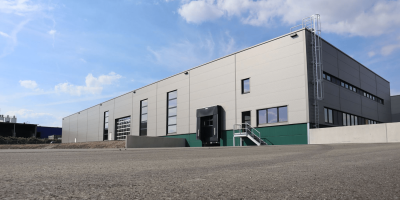EU initiative to improve battery recycling
The project was launched at the end of 2024 and will run for four years until the end of 2028. In addition to a very high rate of recovery of key battery materials such as cobalt, nickel and lithium, the participants are also aiming to reuse over 70 per cent of the battery weight, reduce CO2 emissions by 50 per cent and recover 95 per cent of non-metallic parts.
Although electric vehicle batteries theoretically have high potential for recycling, in practice this has yet to be realized. According to BeyondRec, recycling rates for batteries only lie at 12 per cent globally and, in Europe, there has been a fourfold increase in battery scrap. Europe is currently dependent on imports for bauxite, cobalt, lithium and natural graphite (87, 86, 100, and 98 per cent, respectively), all critical for lithium-ion batteries. According to recent information from Benchmark Minerals, the flow of black mass – the material extracted from scrap for recycling – currently almost exclusively flows through Asia, meaning that battery materials brought to Europe are lost again because of a lack of mature recycling industries.
BeyondBattRec is being funded with 7.45 million euros as part of the Horizon Europe program. The twelve partners from seven countries are Aalborg University, Varta Microbattery, Siemens, Accurec Recycling, Andaltec, UVR-FIA, Shift Materials, University of Jaén, EurA AG, Coventry University, ACIB and Tes AMM.
The project focuses on new processes for sorting, deactivating, dismantling and recovering battery materials. This also includes the development of test methods to assess the health of batteries. The project partners want to test the reuse of recycled materials in new battery cells and thus contribute to the development of a fully optimized recycling system. The participants attach great importance to considering the scalability of their approaches for industrial application.
As consortium leader, Aalborg University emphasizes that the project supports the political requirements of the European Green Deal and the visions and objectives of the BATT4EU partnership “contributing to the development of competitive, sustainable and circular European battery value chain through implementation of best available technologies in battery recycling.”
ots.at, (in German) vbn.aau.dk, beyondbattrec.eu





0 Comments